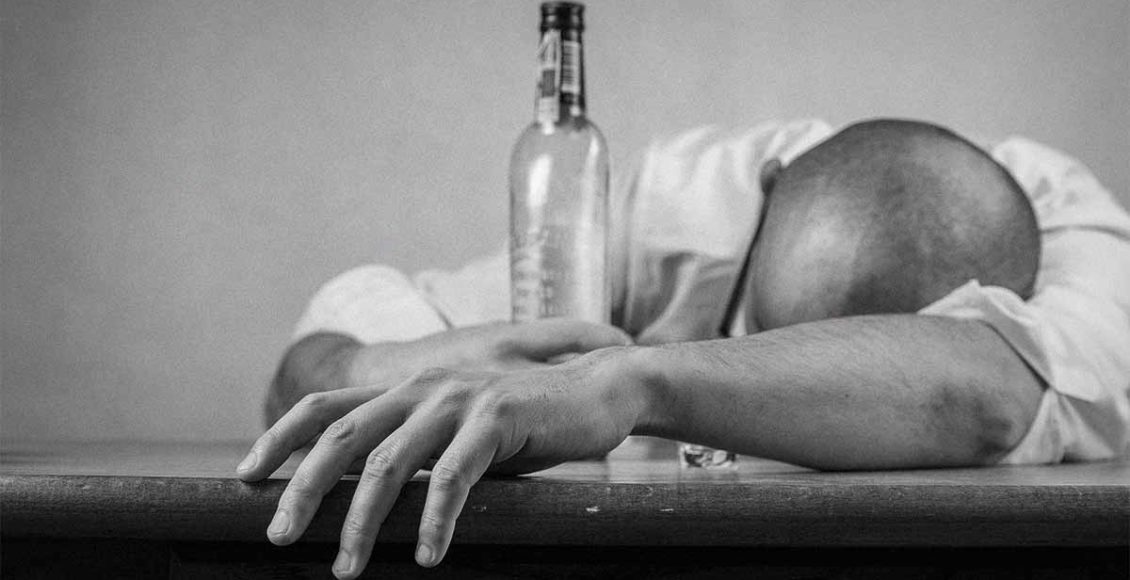A Study Finds That Suppressing Negative Emotions At Work Could Lead To Heavier Drinking

According to a group of researchers at Penn State and the University at Buffalo employees who try to satisfy customers by forcing themselves to smile in front of them — or hide the fact they feel irritated or offended — tend to be heavier drinkers after work. This is the final result of research they have conducted.
The scientists studied the drinking habits of 592 Americans whose jobs involved working with customers. One part of the participants worked in the food service, while the other part were nurses or teachers.
The study was published in the Journal of Occupational Health Psychology.
The scientists analyzed the information provided for a previous, larger survey called the National Survey of Work Stress and Health funded by the National Institutes of Health.
They examined how often the workers would suppress or show fake emotions, a behavior known as “surface acting,”.
The researchers also studied how much the participants drank after work and examined their impulsivity and autonomy in the workplace.
According to the final results of the study, there is a link between faking positive emotions or suppressing negative ones — and drinking more after work.
“Smiling as part of your job sounds like a really positive thing. But doing it all day can be draining,” Grandey said. “In these jobs, there’s also often money tied to showing positive emotions and holding back negative feelings. Money gives you a motivation to override your natural tendencies, but doing it all day can be wearing.”
Alicia Grandey, professor of psychology at Penn State, said that given the conclusions of the research the employees may need to reconsider their behavior at work.
“Faking and suppressing emotions with customers was related to drinking beyond the stress of the job. Or feeling negatively.” Grandey stated. “It wasn’t just feeling badly that makes them reach for a drink. Instead, the more they have to control negative emotions at work, the less they are able to control their alcohol intake after work.”
According to the results of both Gradney’s team and previously conducted studies, employees in the service sector would most often get drunk after work. The reason for that lies in the self-control.
The participants who worked in the service industry needed a lot of self-control to produce “surface-acting” in front of others. That’s why those employees did not have much of it left after work which made them incapable of restricting themselves to small amounts of alcohol.
Furthermore, the relationship between “surface acting” and heavy drinking could be stronger or weaker. That depends on the participant’s trait-like self-control and the job’s extent of self-control.
“The relationship between surface acting and drinking after work was stronger for people who are impulsive. Or the ones lack personal control over behavior at work,” Grandey stated. “If you’re impulsive or constantly told how to do your job, it may be harder to rein in your emotions all day. And when you get home, you don’t have that self-control to stop after one drink,” she added.
The scientists also explained that more impulsive employees whose jobs involved only short-term interaction with customers (like call center agents) were more likely to drink after work. Their results were compared to the results of men and women who worked within the health care or educational system and whose jobs generally required to build deeper relationships with their clients.
The fact is that the people working in the service industry are usually younger and in entry-level positions. That’s why many of them are not able to exercise self-control. Also, they don’t receive financial and social rewards. In fact, according to the research’s results, the “surface acting” is expected to lead to fewer problems when the job is personally rewarding.
“Nurses, for example, may amplify or fake their emotions for clear reasons,” Grandey said. “They’re trying to comfort a patient or build a strong relationship. But someone who is faking emotions for a customer they may never see again, that may not be as rewarding. And it may ultimately be more draining or demanding.”
Grandey also said that employers should reconsider their requirements about the way their employees behave in the workplace.
“Employers may want to consider allowing employees to have a little more autonomy at work like they have some kind of choice on the job. And when the emotional effort is clearly linked to financial or relational rewards, the effects aren’t so bad,” concluded Grandey.


